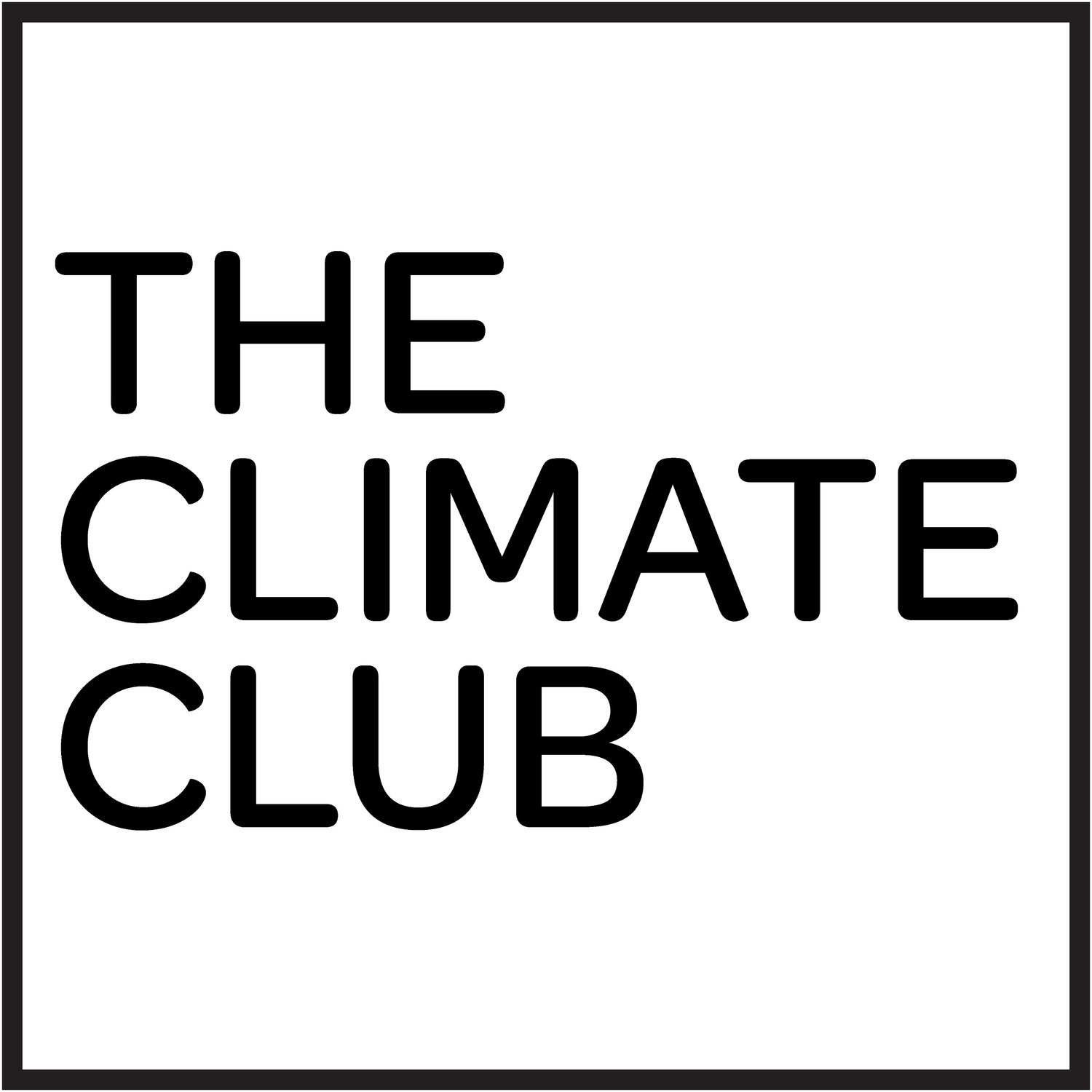Gun Violence Is a US Public Health Crisis
In the USA, 1,606 people have died from gun violence in in January 2023 alone. With 53 mass shootings already, gun violence is a threat to public health. But why is this the case, and what are some of the proposed anti-gun violence strategies?
A Giant Awakens: The Mauna Loa Eruption
The Mauna Loa volcano on the Big Island of Hawaii erupted around midnight on Sunday, November 27th for the first time in 38 years. The once-sleeping giant is the largest active volcano in the world, covering over half of the island with an area of over 1,900 square miles.
Children’s Mental Health
Mental health has become more acknowledged over the years as depression and anxiety rates are on the rise. While adults are able to process their emotions and thoughts with structured guidance via therapy or counseling, there is still a gap within healthcare when we look at children’s mental health.
Polio: An Old Scourge in a Changing Environment
Polio, an extraordinarily infectious disease with a long history tracing back to ancient Egypt over three millennia ago, is spread by contact with feces, sneezes, or coughs – has been noted for its ability to cause paralysis.
Persistence of Disease: MPVX (Monkeypox)
Studies have noted that monkeypox (MPVX) is transmitted to humans through close contact with surfaces contaminated by infected people. The virus enters the body through open skin, wounds or mucous membranes. It is no surprise that the environment has an impact on a new outbreak’s timeline.
Air Pollution and Lung Cancer
On September 10th 2022, researchers at The Francis Crick Institute discussed their research from the TRACERx Lung Study on how air pollution can cause lung cancer at the European Society for Medical Oncology (ESMO) Congress. But why is this a significant stride in both cancer research, and climate change and health?
West Nile Virus on the Rise in 2022
West Nile has recently been in the news again as infections have been reported in Suffolk and Westchester Counties in September, as well as several cases detected in New York City in August, prompting efforts to curb transmission.
Action Against the Ozone “Hole” Provides Hope
The ozone layer is vital to human life, but in 1985 the British Antarctic Survey identified a hole in the ozone layer, leading to the Montreal Protocol in 1987: the first treaty ever to be ratified by every country on Earth. But what exactly are the ozone layer and ozone hole, and how does the Montreal Protocol help fight the triple planetary crisis of climate change, biodiversity loss, and pollution?
What is Environmental Health?
Environmental Health falls under the broad umbrella of Public Health, which promotes and protects the health of large populations and the communities where people live, learn, work and play.
The Relationship Between Asthma and Environmental Health
About 1 in 12, or 25 million, Americans have asthma and the prevalence of asthma among people in the United States has continued to steadily increase.
Climate Change and Infectious Disease
Climate change has the potential to greatly increase both the frequency and efficacy of infectious diseases of all types. Preparations and safeguards can be implemented to curtail the negative effects of these diseases; however the most effective means of combating these changes will be to address the changing climate as well.
The Perks of Public Parks
Science shows that having access to clean air and public parks improves mental health and quality of life. When compared to neighborhoods with ample green space, residential areas with few green spaces had a 33 percent greater rate of clinically diagnosed depression.
A Healthy Environment Is a Human Right
A clean, healthy and sustainable environment is now an internationally recognised, but not legally enforcing, human right.
Plankton Misinformation
Doctors, scientists, and environmentalists alike can hold each other accountable and move forward with systems like peer review and collaboration. Since science is cumulative, meaning we are constantly building upon an already established base and using that knowledge to further explore new areas, it is important that we equip ourselves with well-supported claims and a common understanding of fact.
COVID-19 Dramatically Increased Our Global Waste Footprint
The COVID-19 pandemic has generated an extraordinary amount of medical waste across the globe. Countless gloves, cloth face coverings, disposable masks, and other types of personal protective equipment (PPE) have wound up in our parks, rivers, and oceans.
New Justice Department Office Established to Address Environmental Justice
The definition of environmental justice has shifted dramatically from its original understanding. While the movement itself was popularized in the 1980s, environmental justice-related activities can be traced back to the 1960s Civil Rights Movement in the United States, which drew attention to the dangerous state of public health in marginalized communities of color.
Political Determinants Affecting Mental Health of Low-Income Women
Depression is a preventable mental illness that should be treated as a public health concern.
Science Uncertainty in “Post-Pandemic” Times
Communicating scientific uncertainty is difficult during a time when people demand answers instantly. With the rise of innovation and technology, the public expects transparency and quick, accurate information. This has been heightened by humanity going through a life-threatening pandemic. Unfortunately, and ironically, science is not an exact science.




















